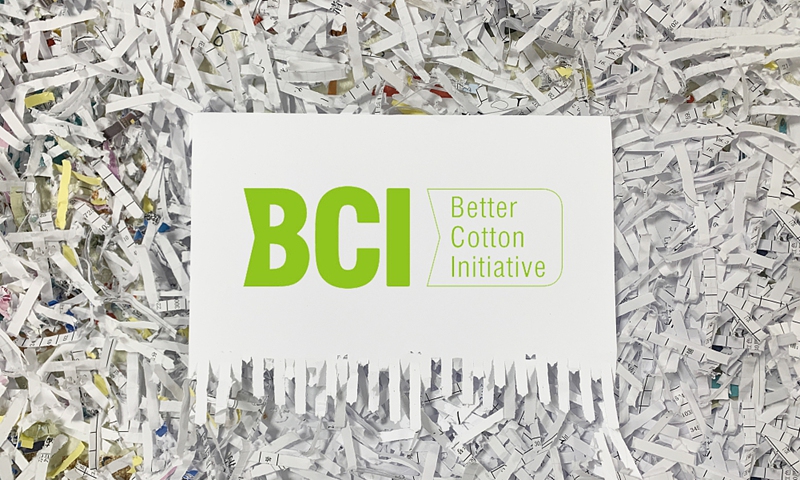
BCI Photo:VCG
With Chinese society's anger against the Better Cotton Initiative (BCI) yet to subside, Chinese netizens dug out an interview between a person from the organization and the BBC, linking poverty alleviation in Xinjiang with "forced labor." Many said that making such a connection appalled them and this "has trespassed the morality bottom-line."
The interview, given by Damian Sanfilippo, director of standards for the BCI, to the BBC in December 2020, claimed that "We've identified the risk that poor, rural communities [in Xinjiang] would be coerced into employment linked to this poverty alleviation program."
"Even if these workers get a decent wage, which is possible, they may not have chosen that employment freely," Sanfilippo was quoted as saying.
A netizen found this interview and posted it on Sina Weibo on Saturday. The post soon drew wide attention at a sensitive time when Chinese society's anger directed at the organization was heightened by the BCI's role in leading hype against "forced labor" in the cotton industry in Northwest China's Xinjiang Uygur Autonomous Region, which prompted some member companies to participate in the Xinjiang cotton ban.
The BBC's report triggered waves of criticism from China's internet user. "It has trespassed the boundary of morality by attacking China's poverty alleviation campaign."
This comment gained the most thumbs-up, and people said that it is very stupid for many Western people to think that people in developing countries just chose to be poor.
"I once showed them villages that were changed by construction, but I got asked by some Europeans 'how do you know they want schools and hospitals? They got assimilated by you guys.' This is real stupidity."
In November 2020, Xinjiang bid farewell to absolute poverty, with the last 10 impoverished counties in the region managing to end absolute poverty, the Xinhua News Agency reported.
Some netizens also denounced the BCI turning a blind eye to solid evidence. "If the BCI really investigated in Xinjiang, it would come up with reports of how people's lives had been improved, instead of fabricating the so-called forced labor and even attacking Xinjiang's poverty alleviation campaign," said a netizen.
Based on what it learned in Xinjiang, the Shanghai office of the BCI submitted several reports to the Switzerland-registered BCI head office, reaching the conclusion that "no forced labor" related issues were found.
However, the BCI head office seemed less than "satisfied" with the results.
"One cannot wake a person who is pretending to be asleep. The BCI, which is financially backed by US organizations, is determined to throw mud at China, and at Xinjiang in particular," Jia Chunyang, an expert at the China Institutes of Contemporary International Relations, told the Global Times on Sunday.
The BCI along with the Western media, have their preconceived notions, which won't change no matter what amount of evidence there is, said Jia.
Global Times




